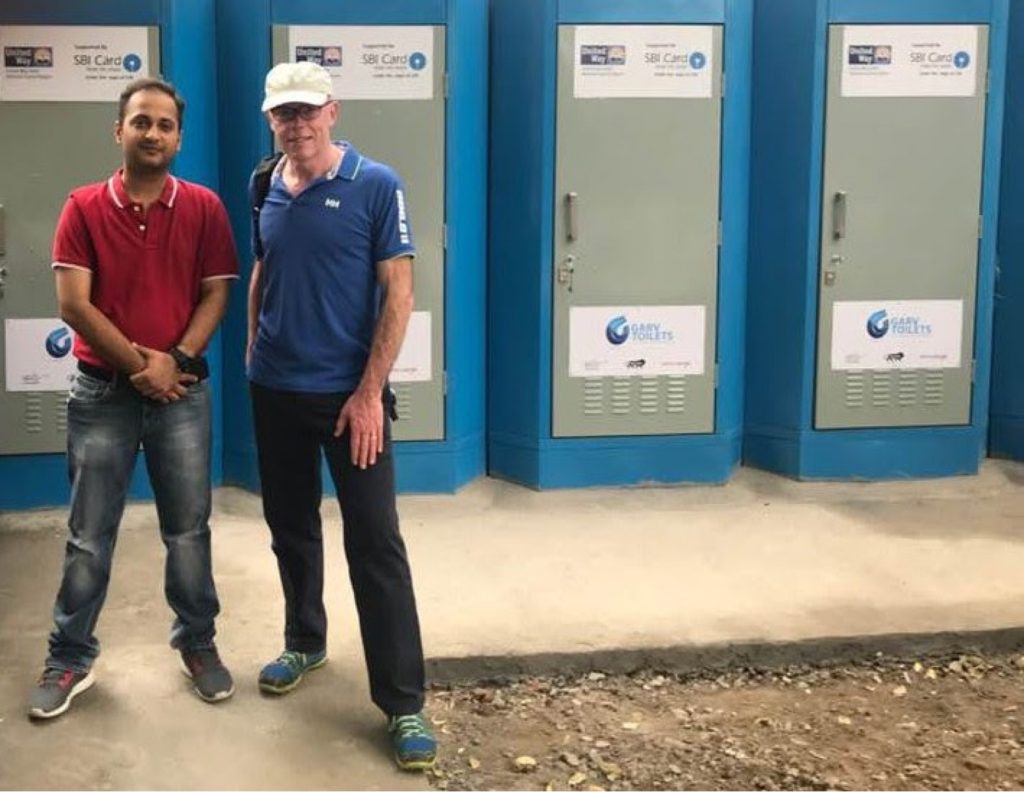I grew up and started my professional career in a family owned manufacturing business, we built and installed telecom enclosures and I started wondering why we couldn’t manufacture toilets in a similar manner. I’d used a number of fibre-based toilets and found them in poor condition and weren’t hygienic – our telephone enclosures were made out of metal and I started to think about how one could make a toilet out of steel. Growing up in India, particularly on long drives, you’re highly aware that there are not enough safe and clean options – particularly for women. If steel toilets could be done, and manufactured in a factory I knew we had a replicable and scalable business opportunity.
I brought together a number of friends who are engineers and we began brainstorming what this toilet could be, it quickly emerged that they should definitely be ‘smart toilets’ which offered self-cleaning and automation (lighting and sensors, IOT devices). That’s where it became exciting. Not just rolling out toilets, but smart toilets, particularly because these technologies could be used in conventional brick and mortar toilets. From the work we’ve been doing it’s clear that smart technology could become something that is the most revenue generating project for us. We’ve been developing the technology and working to garner the support and advocacy of important partners in government and business.
Participating in the 2018 Toilet Accelerator, being a part of this platform, getting to meet so many people from the Toilet Board Coalition network and collaborating with our fellow cohort members has been a great step forward for us as a company.







